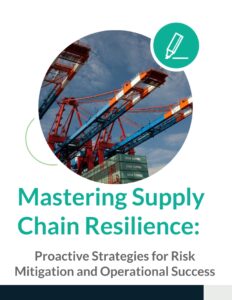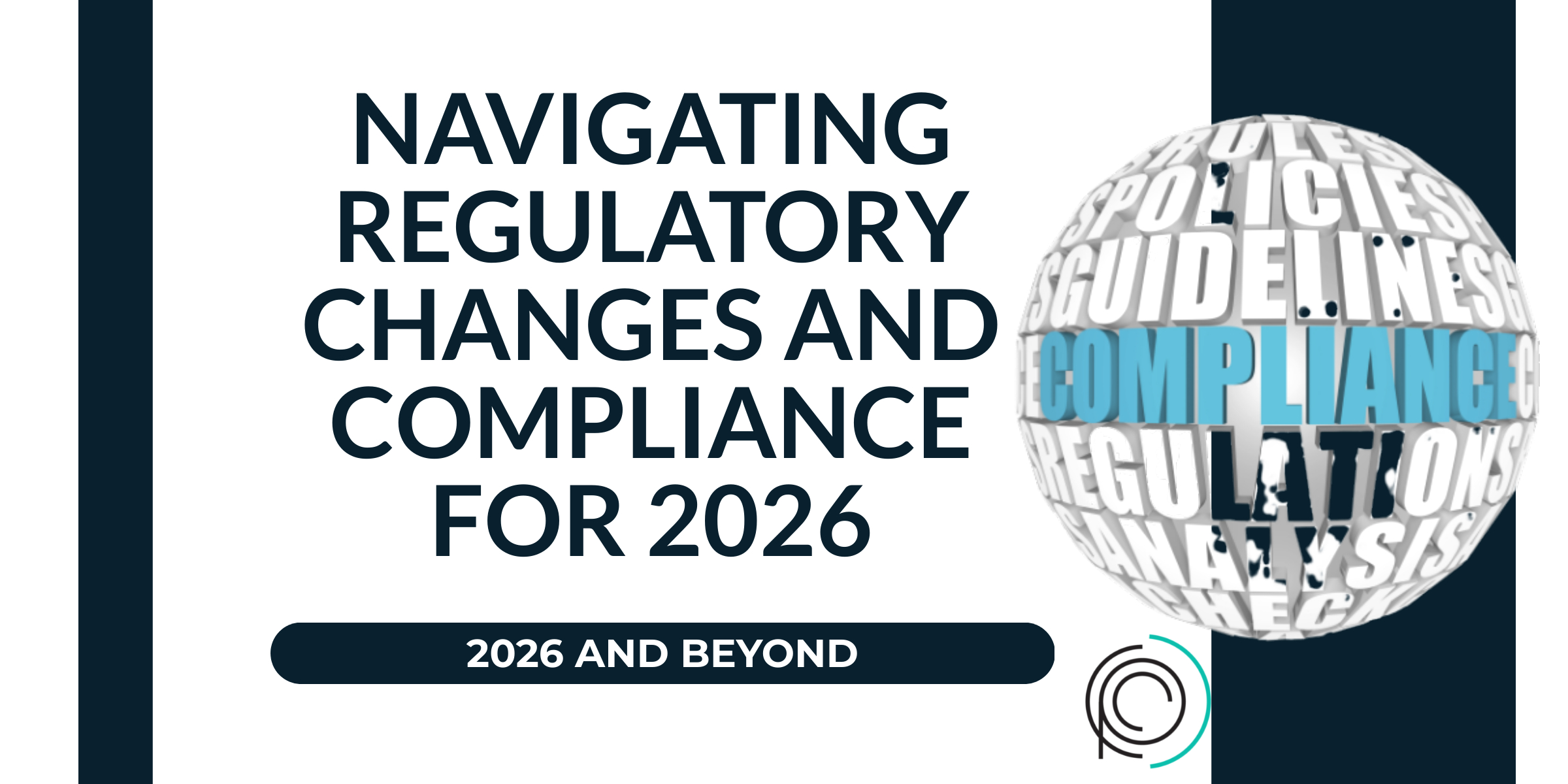Embracing Change: Why No Business Is Too Unique to Ignore the Rules of Success
We’ve all encountered individuals who believe they’re too special or unique to adhere to the conventional rules that govern society — a mindset that isn’t limited to individuals but can also be observed in companies. Every entrepreneur or business owner harbors the belief that their company stands out in the global marketplace. Indeed, this might hold a shred of truth; they might offer a product that no other company does, target a customer base that is largely untapped, or uphold values that starkly contrast with those of their competitors in their niche.
However, this sense of uniqueness doesn’t mean a company can afford to ignore the established norms and practices that define successful business operations. The belief in being an exception often leads to overlooking the importance of adaptability and change management, crucial elements for sustained growth and success in a rapidly evolving business landscape.
Here’s a deeper dive into why no enterprise, regardless of its distinct qualities or market position, is exempt from the need for effective change management. The marketplace is an ever-shifting environment, influenced by technological advancements, consumer behavior changes, and global economic trends. Companies that fail to acknowledge the necessity of adapting to these changes risk falling behind, losing relevance, and, ultimately, failing. Therefore, embracing change management isn’t just a strategic move—it’s a survival tactic in today’s competitive world.
The devil’s in the details
Ultimately, the success of a business hinges on the collective efficiency of its operations. This boils down to the nitty-gritty of everyday processes. For example, consider the onboarding process for new employees—how smoothly does your organization integrate new talent into its workflow? Furthermore, examine your sales process; is it streamlined and effective in converting prospects into customers? These operational procedures are essentially the DNA of your company. Without constant monitoring and occasional adjustments, your business operations might face significant challenges, leading to potential setbacks.
A strong vision is undeniably critical for a company’s success. It acts as a guiding star, keeping the organization’s goals aligned and motivating the team to push forward. However, it’s crucial to remember that vision alone is not sufficient to guarantee achievement. In the pursuit of grand objectives, companies often overlook the importance of meticulous attention to detail. For example, a company might pride itself on a flat organizational structure, valuing openness and equality. While these are commendable values, an aversion to implementing structured processes when necessary could hinder efficiency and clarity in roles and responsibilities.
Moreover, it’s important to recognize that every aspect of your business, from customer service to product development, plays a vital role in building a sustainable and successful operation. Investing time in refining these processes can lead to significant improvements in customer satisfaction and operational efficiency. Addressing the smaller details can complement your overarching vision, ensuring that your company not only dreams big but also excels in execution.
While a strong vision provides direction and inspiration, the true measure of a company’s greatness lies in its ability to execute the day-to-day details that keep the organization running smoothly. Balancing the big picture with a keen focus on operations and processes is the key to building a resilient, successful business.
In reality, many managers are under a false illusion regarding the benefits their team and revenue gain by sticking to the status quo. It’s a common oversight, but one that can significantly hinder progress and efficiency within a company. We strongly recommend the practice of process mapping as an essential step towards gaining a clearer, more accurate understanding of your company’s operations in their current state. This technique allows you to visually lay out the entire process, making it easier to pinpoint exactly where inefficiencies and bottlenecks are occurring. By identifying these areas, you can then strategize on methods to streamline and enhance operations. Ignoring clear gaps or problems in your processes doesn’t just limit your company’s potential; it can lead to bigger issues down the line. Why miss out on the opportunity to improve and evolve?
The perfect formula isn’t static
Research indicates that 70% of companies experience four major changes every five years. This means that even if you discovered the perfect formula when you first set up your processes, there’s no assurance that this approach will remain effective in the future.
As an example, advances in technology are continuously presenting new opportunities to enhance productivity and streamline tasks. While Excel might have been the go-to tool for efficiency a decade ago, its dominance has been challenged by more modern solutions that better meet today’s needs.
Ignoring the quest for innovative solutions can result in missed opportunities. This reality holds true across virtually every industry. Whether it’s adopting new software, leveraging cutting-edge technologies, or simply refining existing procedures, staying ahead requires a commitment to continual improvement and openness to change. In a world that’s evolving more rapidly than ever, the ability to adapt and evolve could very well be the key to sustained success.
Leadership is not the sole focus
While a process may seem ideal from the perspective of founders and managers, it’s crucial to recognize that it might not effectively translate to the wider team. The staunch commitment to traditional methods, although appealing in theory, may not be the best approach for the organization as a whole.
Founders, in particular, often view their business as a cherished project, akin to their own child, which can lead to a significant emotional barrier against altering established operations and processes. This emotional investment can result in a reluctance to embrace change, leading to micromanagement and a tendency to shape employees in their own image, thereby closing off the possibility of new and potentially beneficial ways of doing things.
Furthermore, a third party or consultant can be instrumental in highlighting these oversights, aiding the team in collaborating to implement positive changes. However, this intervention is not without its challenges, as it can also be met with resistance. The journey of embracing change involves navigating these hurdles, understanding the intricacies of the team’s dynamics, and fostering an environment open to innovation and improvement for the betterment of the organization.
You can find a consultant that truly “gets it”
Undergoing change transformation often involves partnering with a consultant, a step some businesses hesitate to take due to concerns that an external party might not fully grasp their unique vision and goals. It’s a valid concern; not every consultancy will seamlessly align with every company’s ethos and objectives. However, with a bit of patience and a willingness to engage in some trial and error, finding a consultancy that not only understands but also enhances your vision is entirely possible. Most consultancies offer a complimentary consultation session, presenting a prime opportunity for you to delve deeper into their methodologies and assess whether they’re on the same wavelength as your business.
Moreover, an adept consultant should not only understand your needs but also provide multiple strategic options, focusing on a collaborative approach rather than merely dictating terms for a top-down implementation. They should advocate for an agile methodology, proposing to test various strategies in their most basic forms. This allows for real-time feedback and tangible results, helping to ensure that any initiatives are refined and optimized before full-scale implementation. A consultant worth their salt will prioritize understanding your business’s unique challenges and objectives, tailoring their advice and strategies to suit your specific needs, thereby acting as a true extension of your team.
Say goodbye to the special phase
Don’t manage your company like a stubborn teenager, unwavering in their belief that they know best. The truth is, that most of the common objections to changing business operations are rooted in misconceptions and unfounded fears that, if left unaddressed, will only serve to hinder your company’s progress. In today’s rapidly evolving market landscape, it’s crucial to understand that adaptation is not optional; it’s necessary for survival. The world is always changing, and your business needs to be agile enough to change with it, seizing opportunities for growth and innovation that come with these shifts.
At our core, we adopt a patient and flexible approach to change management, fully recognizing and respecting the unique characteristics and needs of your business. We don’t believe in a one-size-fits-all strategy. Instead, we tailor our services to align with your specific needs and challenges, ensuring that the transition not only is smooth but also positions your company for future success.
Still have questions? If you’re ready to embrace change and want to ensure your business remains competitive and relevant in a constantly evolving landscape, we’re here to help. For a deeper conversation on how we can support your company’s growth and adaptation strategies, contact us to schedule a comprehensive consultation. Together, let’s navigate the complexities of change and unlock new opportunities for your business.






